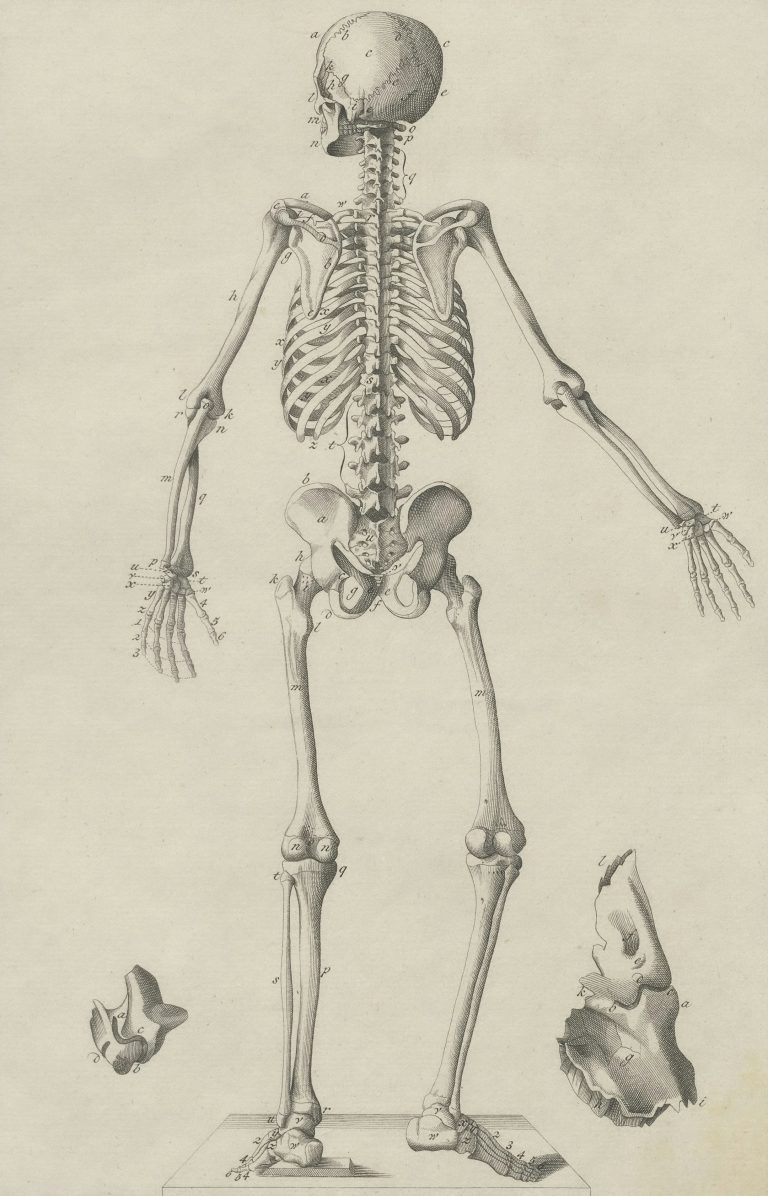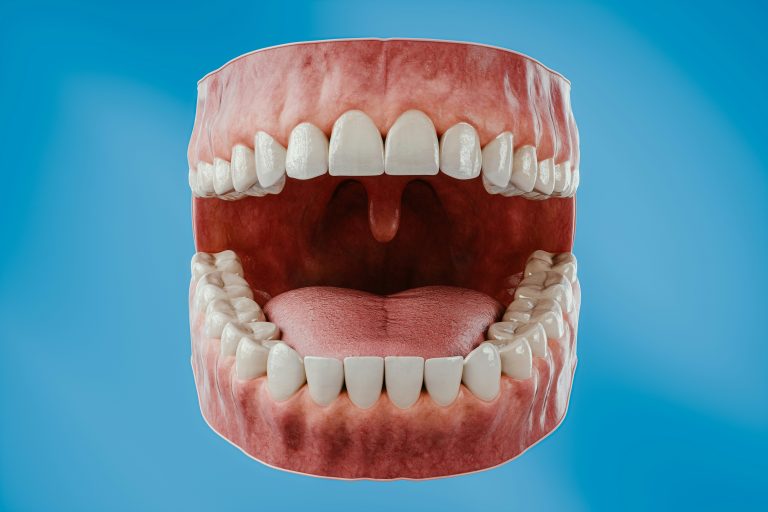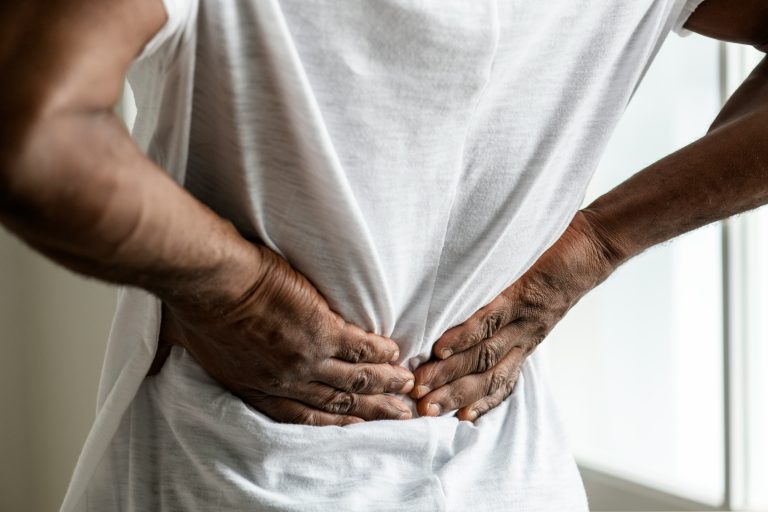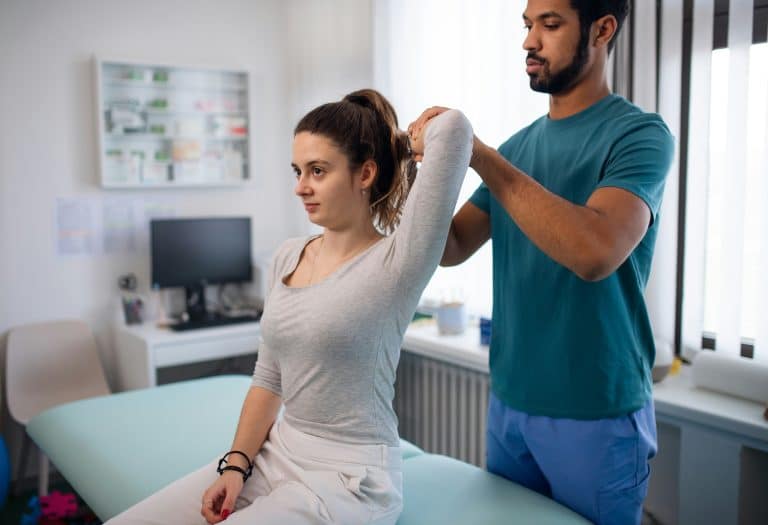The arrival of a baby is a time filled with joy, but also with many questions. The first few months of life are sometimes marked by little ailments (colic, sleep problems, regurgitation, discomfort) that can worry parents. Against this backdrop, more and more families are turning to theosteopathy for babiesThis gentle, respectful approach is designed to promote the infant's well-being and balance.
L'osteopathy paediatric does not replace the medical follow-up of the paediatrician, but it works in a complementary way. It provides real relief from certain common discomforts experienced by newborns and gently supports their development.
Why consult a baby osteopath?
Childbirth is often an intense and sometimes even difficult time for the baby. Giving birth can lead to mechanical stress on the newborn's skull, neck or back. These tensions, although often invisible, can disrupt the baby's comfort and early learning (feeding, sleeping, motor skills).
An osteopath trained in the care of infants will assess and release these physical tensionsThis will help the baby regain comfort and mobility.
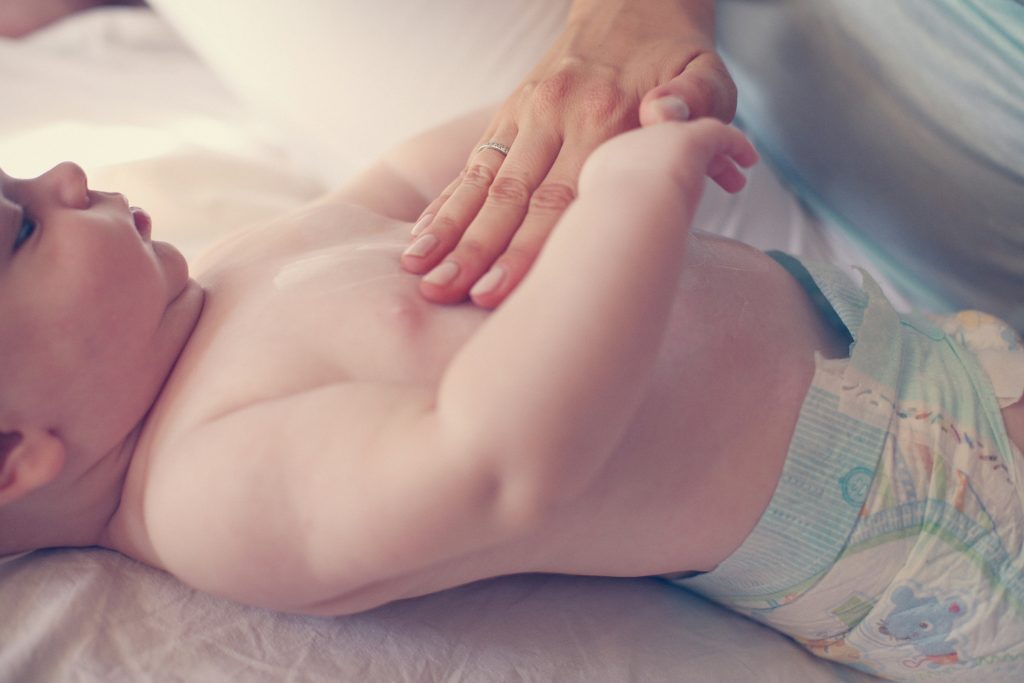
The benefits of osteopathy for babies
1. Relieving colic and digestive problems
Colic, regurgitation, gastro-oesophageal reflux and constipation are common in infants. Osteopathy helps to relieve abdominal tension and improve the mobility of the digestive system, resulting in greater digestive comfort and less crying associated with tummy aches.
2. Improving baby's sleep
A baby who sleeps badly is often an uncomfortable baby. Tension in the skull, neck or back can disrupt sleep. Using gentle techniques, the osteopath helps to relax the nervous system and rebalance the body's structures, resulting in a more peaceful, restorative sleep.
3. Supporting suckling and breastfeeding disorders
Some babies have difficulty suckling due to poor mobility of the jaw, tongue or neck. Osteopathy can improve the mobility of these areas, making it easier for the baby to suck, and contributing to more serene breastfeeding.
4. Correct cranial asymmetries (plagiocephaly)
Flat heads and cranial asymmetries (plagiocephaly, brachycephaly) are increasingly common. Osteopaths can work alongside paediatricians to relieve muscular tension (particularly in the neck) and help the skull to grow more harmoniously.
5. Encouraging motor development and early learning
By freeing up mobility restrictions, osteopathy enables babies to move more freely, make better use of their supports and progress through the motor development stages (rolling over, crawling, sitting up).
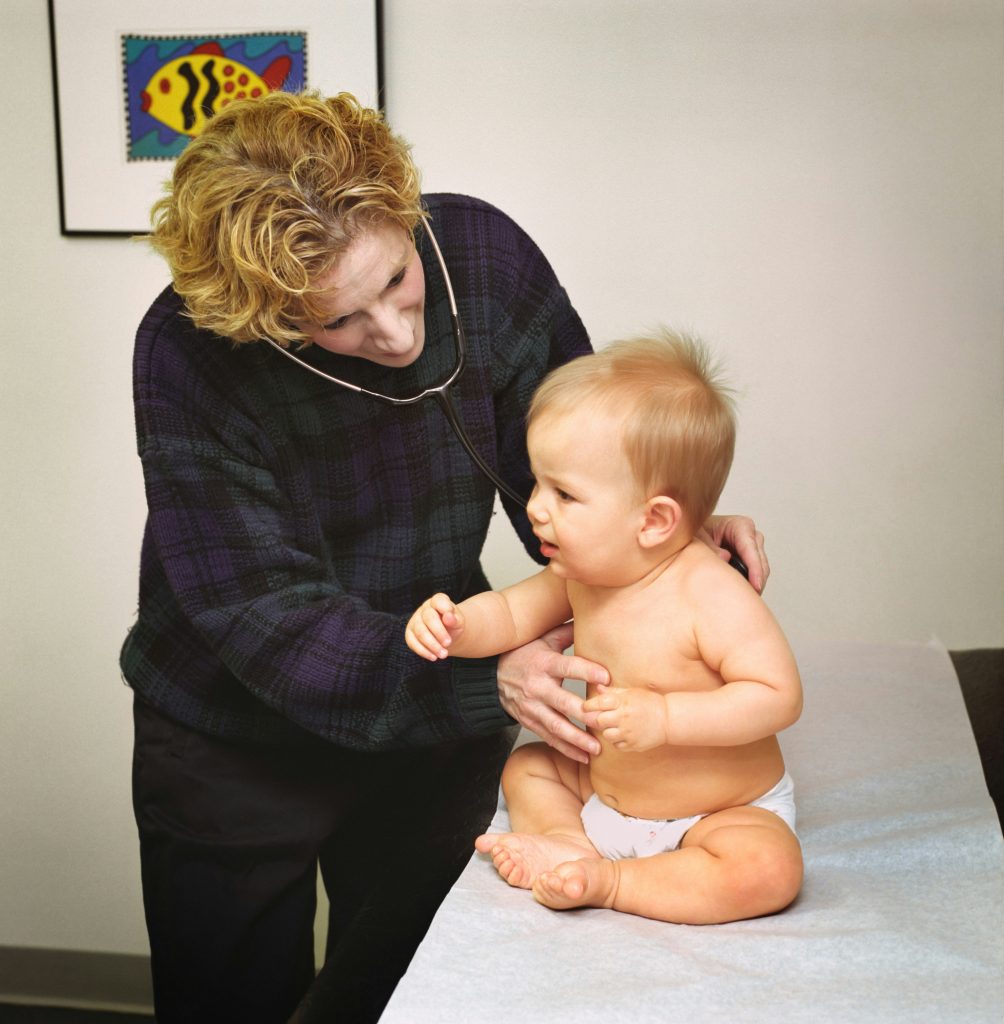
A gentle, safe approach
It is important to remember thatosteopathy for infants uses very gentle techniques, adapted to the baby's fragility. There is no rough handling or invasive gestures. The osteopath uses his hands to gently move the tissues and joints.
Each session takes place at the child's own pace and under the watchful eye of the parents.
When should a baby see an osteopath?
Parents may wish to consider an osteopathic consultation:
- After a difficult delivery (forceps, vacuum, caesarean section).
- For recurrent digestive problems (colic, reflux, constipation).
- If the baby has plagiocephaly or always turns his head to the same side.
- When breastfeeding or sucking is difficult.
- If sleep is chronically disturbed.
Even without any particular symptoms, some parents opt for a preventive consultation to ensure that their baby starts life without any unnecessary stress.
Osteopathy, a complement to medical care
It is essential to stress that osteopathy does not replace paediatrics. Babies should always be monitored by their doctor or paediatrician. Osteopathy comes in complement of this monitoring, providing additional support for the infant's comfort and development.
Conclusion: giving your baby a peaceful start
L'osteopathy for babies is a gentle, caring and effective approach to the first few months of life. It helps relieve common discomforts (colic, reflux, sleep disorders, plagiocephaly) and promotes harmonious development.
As parents, offering your child osteopathic treatment as a complement to their usual medical care can help them to grow up more serenely, with a body that is free of tension.


